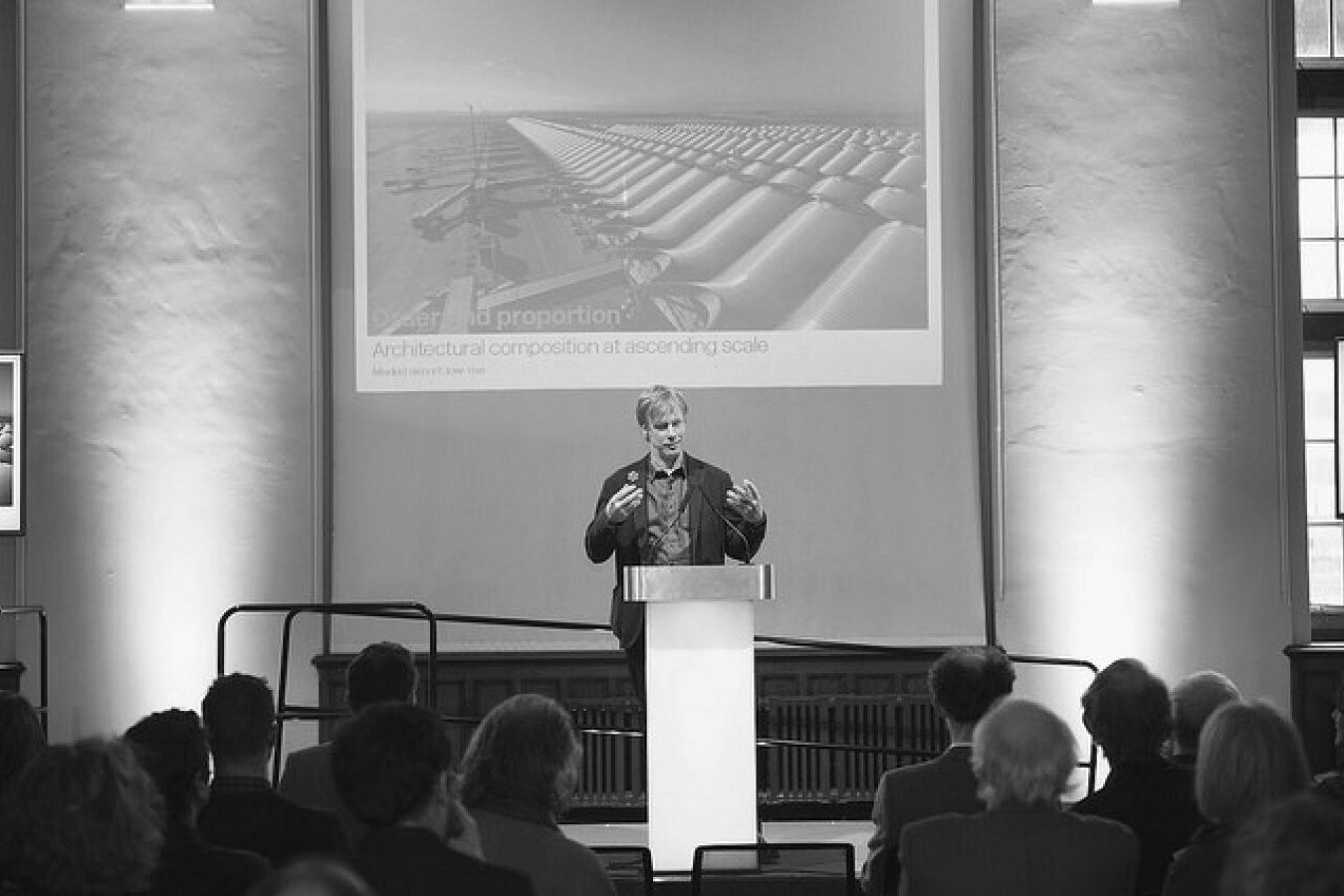Support migrant centric journalism today and donate

Former Welsh Secretary Ron Davies says that migrant workers are paid less than local workers in Wales, and that workers from the new EU member states are forced to endure "Dickensian" labor conditions.
"The EU has to get its act together to iron out the huge regional inequalities driving workers to migrate in the first place and offer them decent protection if they do. The UK has to come to terms with the social consequences of a net annual inflow of some 250,000 working age migrants," he said.
In 2004, Ireland had a minimum hourly wage of 7 GBP an hour, compared with the equivalent of only 0.93 in Estonia. The prospect of better wages has encouraged many people to sign up with firms which promise them jobs in countries with a high minimum wage. Mr Davies believes many of them end up being exploited.
He recently met a Portuguese man who had worked 12-hour shifts as a meat-packer in a refrigerated room for £3.20 an hour. The company was legally able to make deductions from his pay because it provided him and five other workers with a "substandard" property in which they lived.
"We've been busy creating a successful European economy, growing and competing on the international stage. Britain can claim to have led the way in pressing the case for greater competition, more freedom and less regulation.
"But as always there is a price to pay... We have our so-called efficiency with a market-driven economy and increasing globalisation.
"It ends up with some guy, humping dead animals around for 12 hours a day, hundreds of miles away from home, in freezing conditions, for the minimum wage - so [one supermarket] can knock a penny off in their price war with [another supermarket] when both are going to make billions of pounds profit anyway."
The problem was not the arrival of migrant workers but their exploitation and how this will make their integration impossible, he told the Western Mail on 26 Oct. "Migrant workers in particular are a vital bedrock of the Welsh economy," he said. "Far from taking our jobs, companies across Wales would face going bust or leaving if it were not for hard-working people coming to Wales from overseas and sharing their skills."
He added that employees who are on short-term contracts in poor conditions will not become the type of highly-skilled and productive workforce the UK needs in the long-term to compete in a global economy.
Co-ordinated EU-wide co-operation between trade unions, he said, would be necessary to tackle exploitation.
"Exploitation doesn't just happen. It's not driven by some powerful force of nature. It's driven by man-made systems, organisations and powerful people. That's why we have laws and regulations, governments and their agencies, to protect people from exploitation, to improve our living standards and working environments, and to ensure the enforcement of decent standards."
If action is not taken, he predicted divides would open up in communities between the migrant workers and the local populations.
"Assimilation will take generations but integration can't wait that long," he warns. "It also needs resources and is as much an issue for the host community as it is for the incomer."
The Migrant Workers Forum in Merthyr Tydfil, chaired by Mr Davies, brings together trade union, employers, the police, council and health authority to address the social consequences hundreds of workers from countries such as Poland and Portugal coming to the area each year.





















